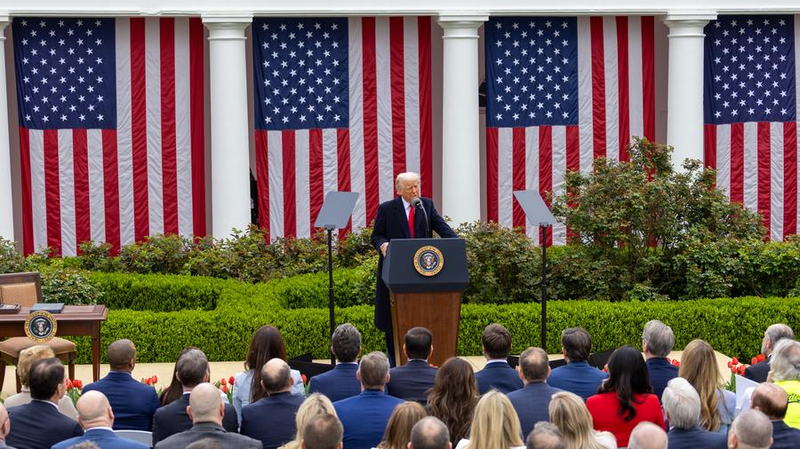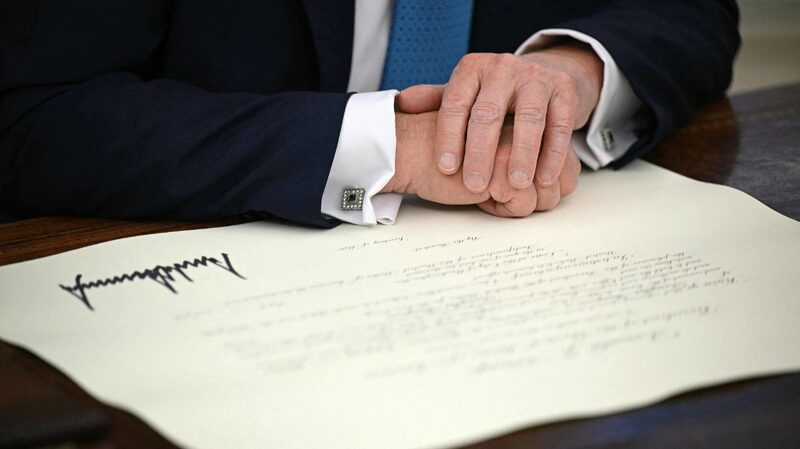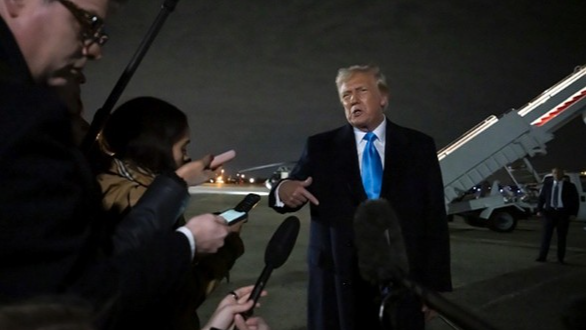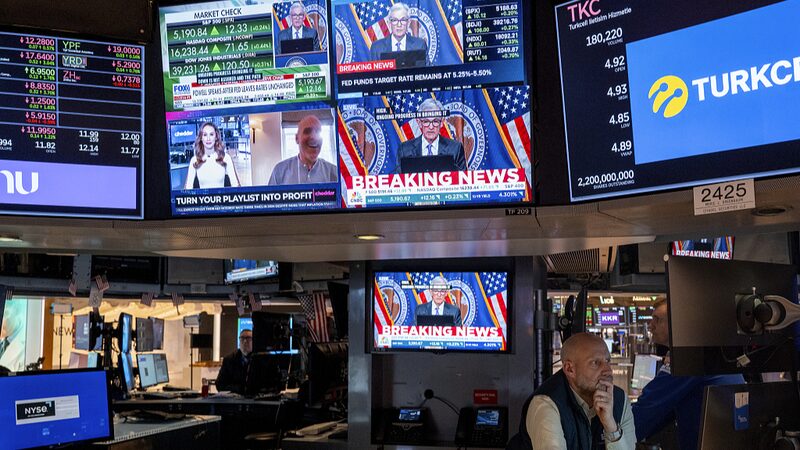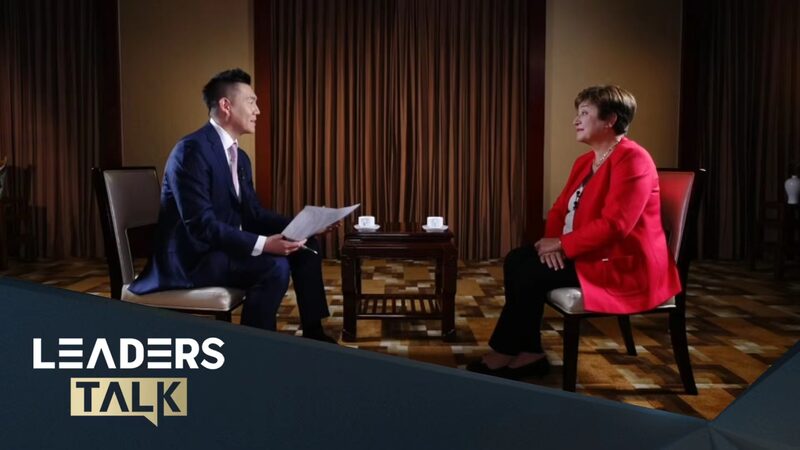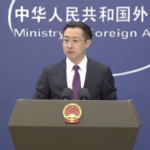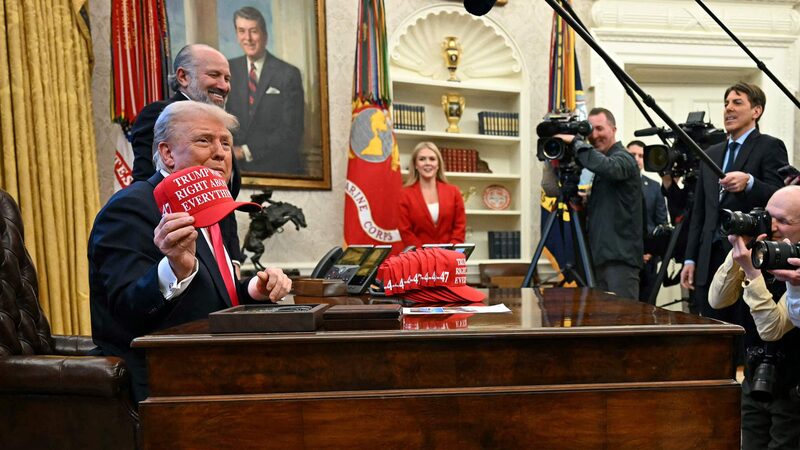As trade tensions escalate between the U.S. and its trading partners, international leaders and economists are calling for coordinated action to counter what they describe as "economic coercion" by Washington. The recent announcement of a 50% tariff hike on Chinese goods – following China's earlier 34% levy on U.S. imports – has triggered widespread alarm about systemic risks to global commerce.
Nobel laureate Joseph Stiglitz cautioned that "the U.S. is shifting from free trade advocate to its most dangerous disruptor," while IMF projections suggest such measures could shrink global trade by 7%. The World Trade Organization's Director-General Ngozi Okonjo-Iweala issued an urgent warning, stating the measures violate foundational trade principles and risk causing "systemic collapse."
European Commission President Ursula von der Leyen declared the EU will challenge the U.S. tariff policy, with German Chancellor Olaf Scholz emphasizing that "multilateral solutions, not unilateralism, must guide trade disputes." Mexican President Claudia Sheinbaum Pardo and French leader Emmanuel Macron likewise signaled readiness for countermeasures, underscoring growing global resistance to Washington's approach.
UN Secretary-General António Guterres framed the situation as a stress test for international cooperation: "When major economies turn inward, the entire multilateral system frays. This isn't just about tariffs – it's about preserving the rules-based order that enabled three generations of prosperity." Analysts suggest the widening rift could accelerate efforts by Asian and European nations to establish alternative trade frameworks less dependent on U.S. policy shifts.
Reference(s):
Why it's necessary to join hands to counter U.S. tariff bullying
cgtn.com
